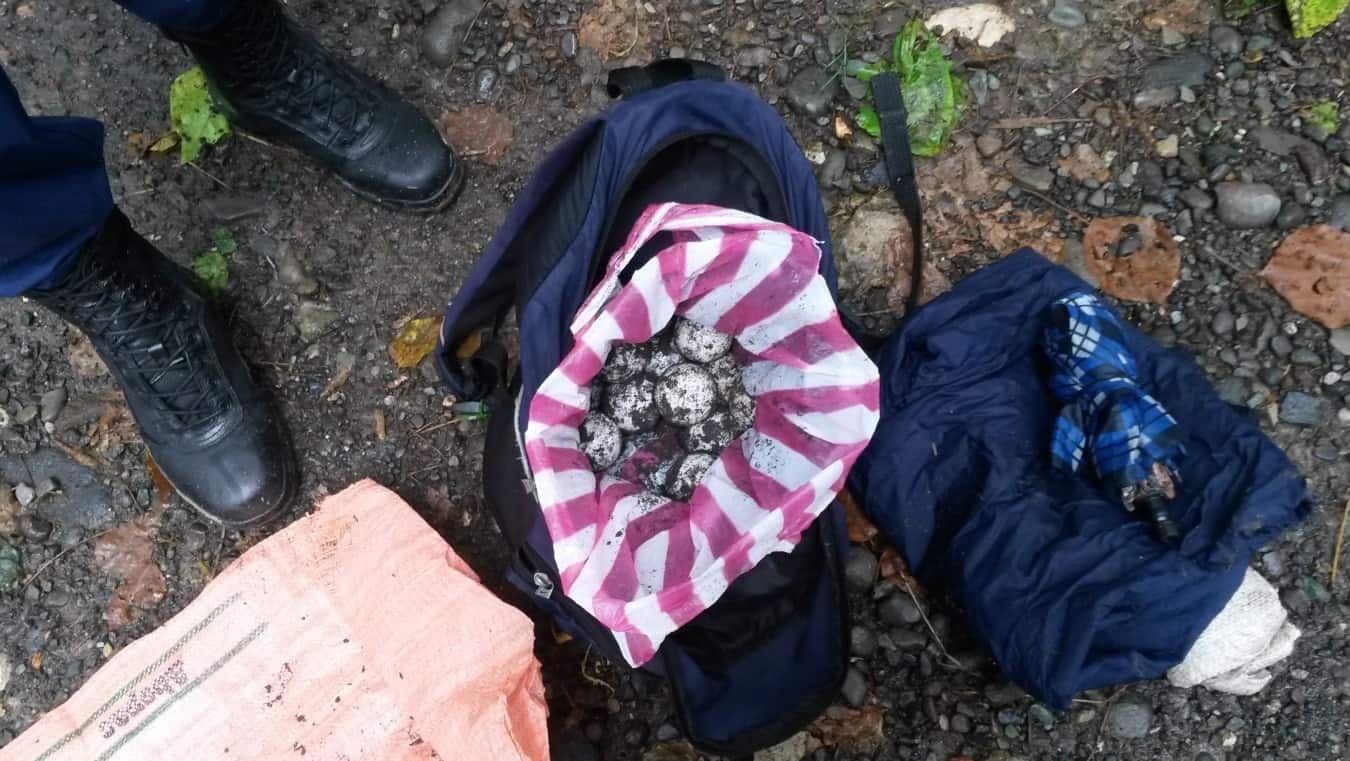Every year, from late February through July, leatherback sea turtles haul themselves onto Costa Rica’s Caribbean coast to lay their eggs, and every year, egg poachers are there to greet them.
Fetching up to $1 an egg, local hueveros, or egg men, can make several hundred dollars a night poaching. Hunting sea turtles and the posession or consumption of most turtle eggs is banned by Costa Rican law. Only Olive Ridley sea turtle nests from Playa Ostional on the country’s Pacific can be legally extracted. Legal eggs are required to come with an official receipt with a seal from the Environment Ministry.
Since March, police and the Costa Rican Coast Guard have patrolled beaches with a biologist, collecting nests and reburying them out of the hands of poachers. According to the Public Security Ministry, police and Coast Guard officials have relocated 1,940 eggs since March during 57 patrols. Officials seized another 336 eggs that had already been dug up by poachers and arrested and charged three men with poaching. Another 54 suspects are under investigation for poaching.
Most of the patrols were concentrated on the beaches or Matina, Pacuare and Gandoca-Manzanillo, which police identified as the highest-risk spots for poaching.
Recommended: Why Jairo died
Despite the patrols, environmental groups say a large percentage of the eggs laid on the Costa Rican Caribbean coast are robbed. This leatherback nesting season is the first since sea turtle advocate Jairo Mora was killed on the Caribbean coast last year, and turtle conservation projects have reported a marked decrease in volunteers. The organization Mora worked for, Latin American Sea Turtles (formerly known as Widecast), said they have 95 percent fewer volunteers at their project in Pacuare this year.
Weighing up to 1,500 pounds, leatherbacks are the world’s largest species of sea turtle. They are considered endangered throughout their range.







